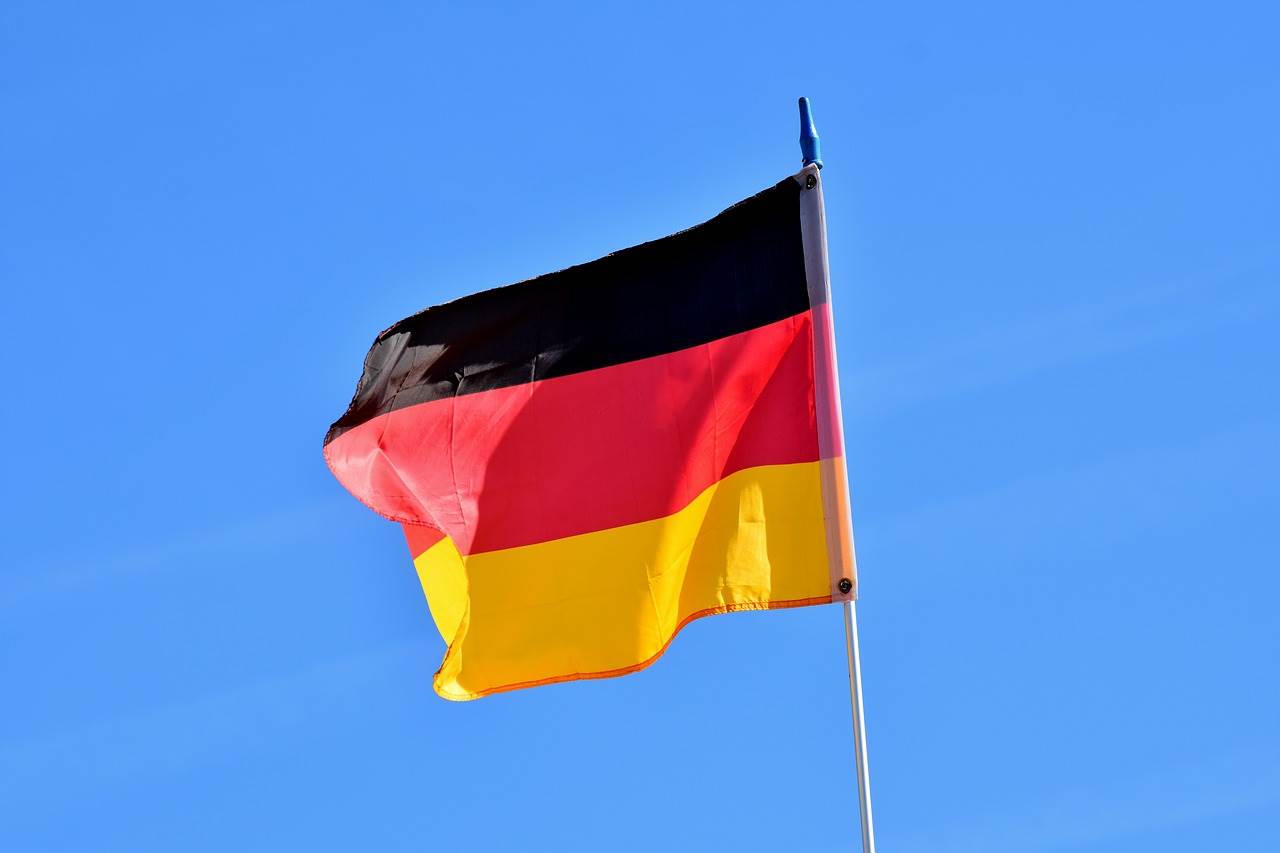
The German economy is the powerhouse of the Eurozone and one of the biggest exporting nations in the world. Like Japan, the fact that Germany is so successful as an exporter makes it vulnerable to downturns in global demand whether caused by macro-economic factors or (domestic) political issues such as Trump’s “America First” trade war with various nations and most notably China. Add the caustic effect of Brexit uncertainty on the remaining member states of the EU (should the UK actually, finally, pull the plug on its membership) and it is not hard to see why the German economy has been teetering on the brink of recession.
The German economy has surprised analysts by producing an anaemic growth figure of 0.1% for Q3 which is substantially better than the contraction of 0.1% contraction that they were anticipating. Since the German economy contracted by 0.2% (revised down from an earlier contraction of 0.1%) in Q2, the nation has avoided falling into a technical recession (which is defined as any period of two or more consecutive quarters where the economy contracts). The growth has been linked to higher than anticipated household spending which has more than compensated for a decline in factory output. The German statistical agency, Destatis noted:
“Compared with the second quarter of 2019, household final consumption expenditure increased, and so did government final consumption expenditure. Exports rose, while imports remained roughly at the level of the previous quarter. Also, gross fixed capital formation in construction was up on the previous quarter. Gross fixed capital formation in machinery and equipment, however, was lower than in the previous quarter”.
Germany’s economy minister, Peter Altmaier, however, injected a note of cautious realism:
“We do not have a technical recession, but the growth numbers are still too weak” .
However, Lee Hardman of the Japanese Bank MUFG was more upbeat about the prospects for the German economy in a note to the bank’s clients:
“Continued growth in the service sector has helped to offset more acute weakness in the manufacturing sector. Recent leading indicators have provided tentative signs of optimism that the German economy is close to the worst point and could begin to pick up gradually in 2020. The latest ZEW survey, trade, factory orders reports have all surprised to the upside. The global manufacturing PMI bottomed in July providing encouragement that the global industrial slowdown is beginning to ease as well.”
